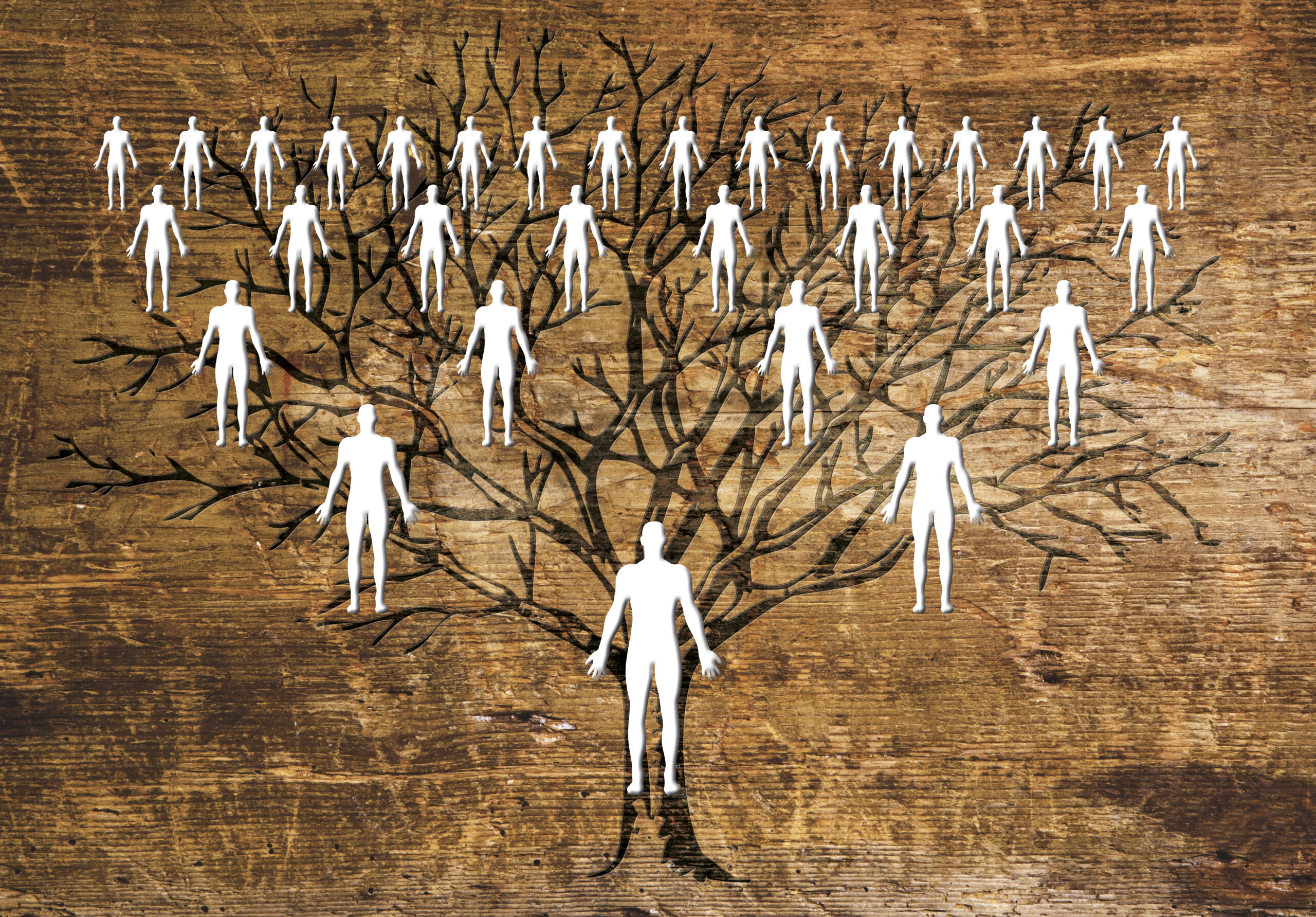RPJ Partner Deena Merlen Discusses Legal Developments Concerning Caste-based Discrimination
By Deena Merlen and Cleopatra Elrashidy
While many forms of discrimination are outlawed in the United States, there are quite a few forms of discrimination that are not expressly covered by discrimination laws and policies. One such form of discrimination is caste-based discrimination. The caste system, which regulates people’s social status based on their birth, is primarily associated with India and Hinduism but extends to other cultures, faiths and nations as well. Discrimination on the basis of caste can and does occur in the United States.
Earlier this week, California lawmakers voted 31-5 in the state senate in favor of a bill that would outlaw discrimination based on caste by redefining ancestry (a class already protected against discrimination in California) to include “lineal descent, heritage, parentage, caste, or any inherited social status.” See SB-403. This bill was authored by Senator Aisha Wahab, the first Muslim and Afghan-American woman elected to the state legislature. A few months ago, Seattle became the first US city to prohibit discrimination based on caste in employment, housing, and public spaces in the city, and if California Governor Gavin Newsom signs SB-403 into law, California will become the first state in the US to prohibit caste-based discrimination statewide.
Although only recently legislated upon in California, there has been a focus upon caste-based discrimination for some time. Indeed, a case in 2020 drew considerable public attention to caste-based discrimination and the applicability of existing discrimination laws when the California Department of Fair Employment and Housing (now known as the California Civil Rights Department) filed a complaint on behalf of a plaintiff anonymously referred to as John Doe against Cisco Systems Inc. Doe was an Indian engineer born into the Dalit population in India, which is considered the lowest caste within the caste system. As RPJ Partner Helen D. Reavis noted in an interview with a journalist from Bloomberg Law, Doe had alleged discriminatory treatment that “appears to have been motivated by the color of Doe’s skin and his particular national origin, being of Dalit Indian origin and more darker-complexioned than non-Dalit Indians. [T]hat the Indian caste system originated in India does not shield caste-based discrimination from coverage of Title VII here.” You can read more about this case and what Ms. Reavis had to say in the Bloomberg Law piece, “Caste Bias Lawsuit Against Cisco Tests Rare Workplace Claim.”
A decision or settlement in the Cisco case is still pending; the parties were scheduled for mediation earlier this summer. We similarly await a decision by Governor Newsom as he weighs whether to sign the pending bill into law, making California the first state in the US to prohibit caste-based discrimination. Our firm will continue to monitor for developments.
 This article is intended as a general discussion of these issues only and is not to be considered legal advice or relied upon. For more information, please contact RPJ Partner Deena R. Merlen, who counsels clients in areas of employment and labor law, intellectual property, media and entertainment, general business law, commercial transactions and dispute resolution. Ms. Merlen is admitted to practice law in Connecticut and New York.
This article is intended as a general discussion of these issues only and is not to be considered legal advice or relied upon. For more information, please contact RPJ Partner Deena R. Merlen, who counsels clients in areas of employment and labor law, intellectual property, media and entertainment, general business law, commercial transactions and dispute resolution. Ms. Merlen is admitted to practice law in Connecticut and New York.

